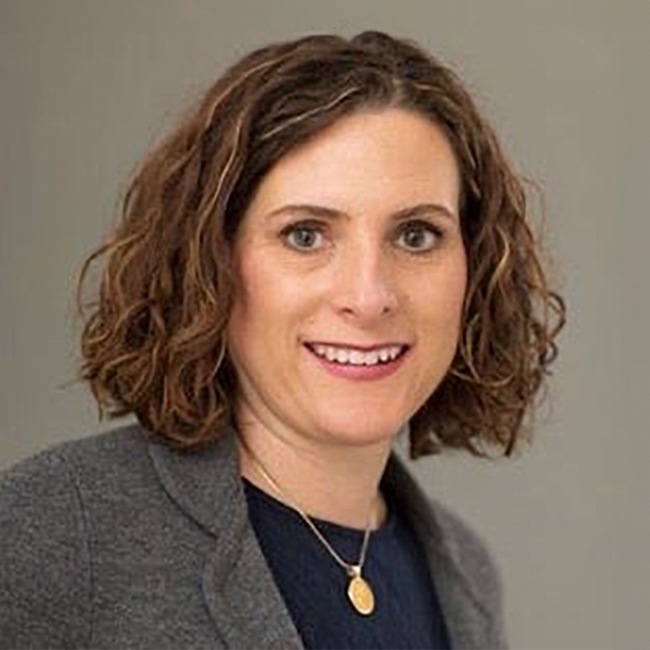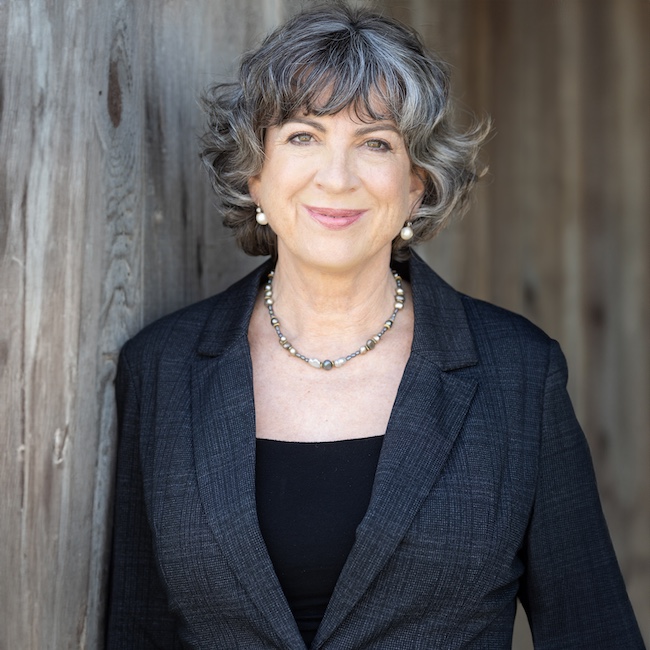San Francisco Attorneys Providing Compassionate Representation in Family Matters
Divorce can have a lasting impact on the lives of everyone who is involved. At Lerner Poole & Stewart, LLP, our family law lawyers have a combined 30 years of experience assisting individuals throughout the Bay Area. Our firm uses a sophisticated approach in protecting our client’s interests with regard to all aspects of divorce, including child support, child custody, high asset community property disputes, and complex family law matters. We understand that divorce can be a disruptive process, and we aim to help clients maintain their sense of normalcy.
Our principals are both certified Family Law Specialists. Stacey Poole possesses a master’s degree in tax and is also recognized by Super Lawyers magazine. Kristine Stewart has received extensive training in mediation and other alternative dispute resolution processes. We draw upon our education and experience to understand the emotional and financial conflicts that accompany many divorces. Our San Francisco family law attorneys also rely on a wide network of financial and mental health professionals when appropriate for our clients.
Family Law
Family law matters include divorce, child custody, child support, alimony, paternity, and property division. Any of these matters can become a source of conflict. In the San Francisco Bay Area, many couples are going through high-asset divorces, which can be very complicated, particularly if one spouse is an entrepreneur. Generally, traditional litigation is highly adversarial, and some people find it anxiety-inducing. In some cases, it can be helpful to use a method of alternative dispute resolution, such as mediation or collaboration. It is critical to retain an experienced attorney who can provide advice on the options that may be available to you.
Divorce
Either spouse can ask for a divorce in California. The divorce may be uncontested or contested. It is possible to settle certain issues, while going to trial on others. In order to file for a divorce in California, at least one spouse must have been a resident in the state for six months (180 days). After divorce papers have been filed and served, you will still need to wait six months from the service date before the divorce will be final. Our family law attorneys can help San Francisco residents make sure that they meet the procedural requirements.
High Net Worth Divorce
When one or both spouses have substantial and valuable assets to divide, divorce gets more complicated. Spouses may have very different ideas about how much their assets are worth, especially when an asset may one day have a different value. Assets whose value can change in the future include intellectual property, business goodwill, retirement benefits, and stock options. It may be necessary to retain an experienced appraiser to value assets such as real estate, businesses, stock options, IP, and high-value personal property. For example, an appraiser may need to evaluate a business’ goodwill, which is the value of a business that exceeds its physical assets, labor, and fair return.
Child Custody
Child custody issues can be especially heated and complicated. In California, courts make determinations about child custody based on what is in the child’s best interests. The court will evaluate the child’s best interests by looking at many different factors, including the parents’ ability to address the child’s needs, the amount of time spent with the child, the age and health of the child and parents, and the geographical distance between the parents. Courts presume that it is best for children to have frequent contact with both parents post-divorce, but there are situations in which a different arrangement will be made. If your co-parent and you are able to agree about a parenting plan, you will need to submit it to the court for approval. Our San Francisco family law attorneys can help you work on devising a parenting plan that meets your children’s needs.
Child Support
Both parents are required to support their children after a divorce. Child support is a court-ordered amount of money that a divorced or separated parent needs to pay each month to be used for their child’s living expenses. In California, courts must follow certain guidelines when deciding how much child support should be paid. The amount of child support that will be paid depends mostly on the income of each parent and how much time each parent spends with the child. There are situations in which a parent is voluntarily underemployed, and the court will impute income to that parent for their ability to earn more than what is actually being earned.
Spousal Support
In some situations, a court will order spousal support. A court has much discretion when ordering alimony. It considers several factors. These include each spouse’s earning capacity and the degree to which they can keep the marital standard of living, how much each spouse contributed to the other spouse’s education and career, the needs of each spouse based on the standard of living established while married, each spouse’s obligations and assets, how long the marriage lasted, each spouse’s age and health, tax consequences, the goal that the person receiving alimony become self-supporting in a reasonable time frame, and other factors deemed just and equitable. Our San Francisco family law attorneys can advise you on how these factors may apply to your situation. How long alimony will be paid is also left to the court’s discretion, although the court is expected to follow equitable principles.
Property Division
In California, community property is property acquired during a marriage while the spouses are domiciled within the state. For example, your wages earned while you were married and living in California are half your property and half your spouse’s property. During a divorce, community property will be divided equally. Each spouse can keep their separate property, which includes assets obtained before marrying or assets received as a gift or inheritance while married. However, property division may still be a source of conflict because spouses may not keep records of when property was purchased, and sometimes separate property is used to buy community property.
Paternity
In California, when two opposite-sex parents are married at the time of a child’s birth, it will be assumed that the wife is the mother, and her husband is the father. However, when a child’s parents are not married when a mother is impregnated or at the time when she gives birth, there is no legal father until parentage is formally established. In order to establish parentage, an official Declaration of Parentage or court order stating the legal parents is needed. A father does not have obligations or rights related to a child until parentage is established. Courts can also find that a man is a child’s legal father based on parentage by estoppel, meaning that the man lived with the child and mother and showed a commitment to the child.
Consult an Experienced Family Law Attorney in the San Francisco Area
At Lerner Poole & Stewart, our principals are certified Family Law Specialists with AV Preeminent ratings by Martindale-Hubbell. Ms. Poole is recognized by Super Lawyers magazine and possesses a master’s degree in tax. Ms. Stewart is an experienced mediator and litigator, and an ardent believer in the use of alternative dispute processes to help couples reach agreements in a supportive and respectful manner. Our education and experience allow us to have strong compassion and sympathy for the kinds of disputes that arise during a divorce. When needed, we also have access to an expansive network of mental health and financial professionals. If you are concerned about a family law matter in San Francisco, Lerner Poole & Stewart may be able to help you. Call us at 415-391-6000 or contact us through our online form.
Practice Areas
Meet Our Team
Articles
The Importance of Advice: Managing Financial Impact of a Late-In-Life Divorce
Earlier this year, the SFGate.com website published an article noting that 1970's pop stars Darryl Dragon and Toni Tennille-best known as the Captain ...
Retirement Benefit for Prior Military Service Was Not Community Property
Generally, under California law, all property that a spouse acquires during marriage is considered community property to usually be split equally in a divorce. This concept also applies to ...
Debts and Divorce: Know What You Need to do to Protect Yourself
It can be hard to admit that a marriage is in trouble. It may be even more difficult to contemplate taking the first steps toward a divorce. But, the reality is that many marriages simply will not work ...
Contact Us
- 1 Certified Family Law Specialists
- 2 Representing Your Interests
- 3 Call Us Today















